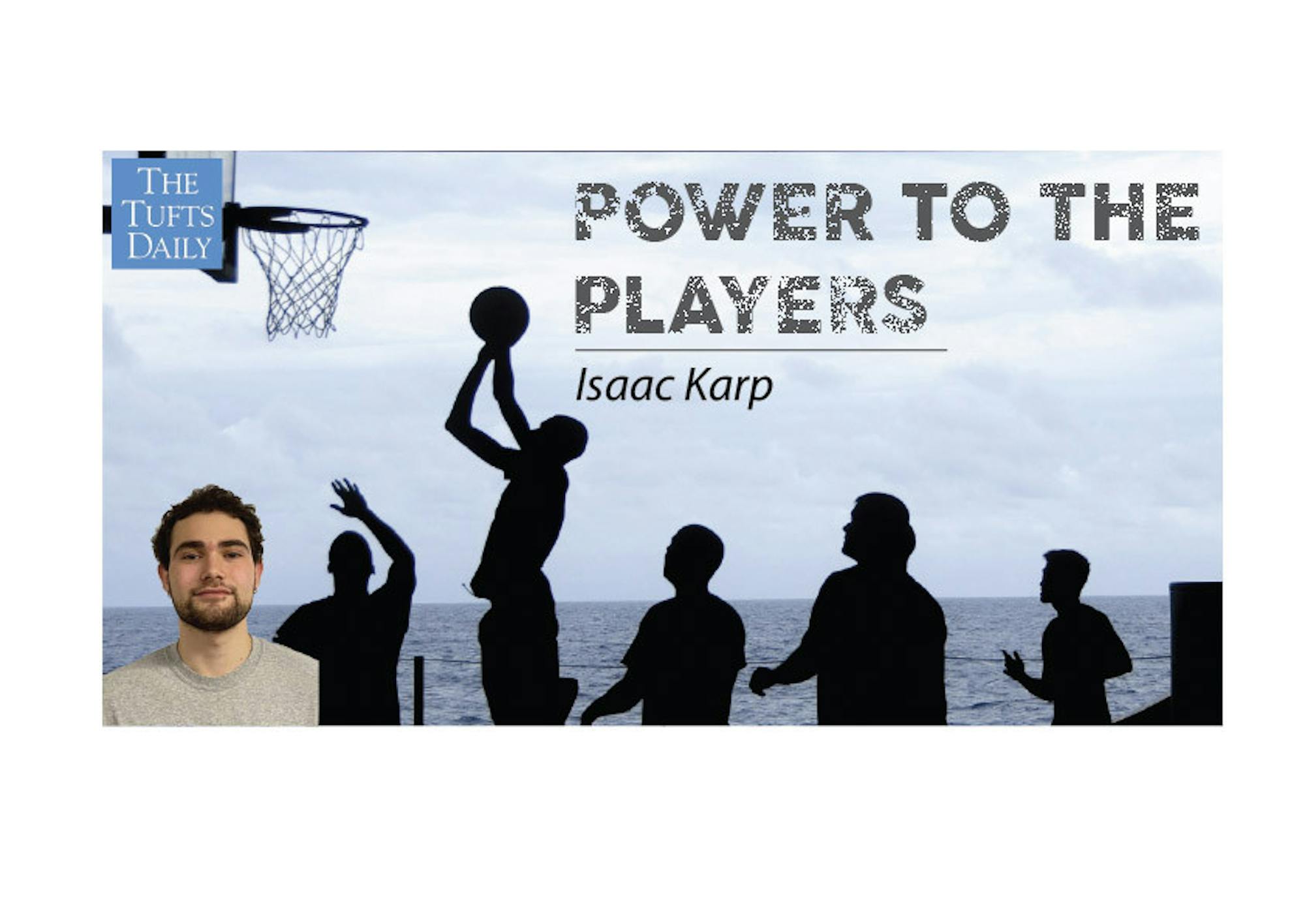In the midst of the Black Lives Matter movement last summer, players throughout the Women's National Basketball Association stood in solidarity with the protesters in an effort to promote racial equality. In July, Kelly Loeffler, one of Georgia's senators at the time and co-owner of the Atlanta Dream, wrote a letter to WNBA Commissioner Cathy Engelbart stating her opposition to players' supporting the Black Lives Matter movement. Many players throughout the league were outraged by Loeffler’s response, even calling for her resignation or removal from the ownership group, a rare occurrence in any professional sports league.
Loeffler, meanwhile, was positioning herself for her senatorial reelection bid in Georgia against the likely Democratic candidate, the Rev. Raphael Warnock, an African American pastor and long-time civil rights advocate. The conflict between the WNBA players and Loeffler was reminiscent of the NBA’s Donald Sterling fiasco. Back in 2014, Sterling, the former owner of the Los Angeles Clippers, made racist remarks to his ex-girlfriend on a leaked phone call recording. The NBA consequently banned Sterling for life and forced him to sell his ownership shares. Although the WNBA Players Association was steadfast in its effort to get rid of the senator, her comments seemed less overt than Sterling’s, and the WNBA made no initial effort to oust Loeffler, who had been an owner for a decade.
On Jan. 5, the WNBA players won a major political victory for their cause in the Dream’s home state of Georgia, when Warnock defeated Loeffler in a runoff election by almost 100,000 votes. Many Atlanta Dream players had campaigned for Warnock and even wore warmup jerseys emblazoned with the message “Vote Warnock.” Yet, social activism is nothing new to the WNBA, where players have long fought for gender and racial equality and LGBTQ rights.
Finally, after months of constant pressure, Loeffler sold her shares on Friday, and a new three-person ownership group, including former WNBA star Renee Montgomery, has taken over. With this transition of power, Montgomery became the first former player to hold a position as an owner and executive of a WNBA franchise.
Former players becoming team owners has become increasingly common. Michael Jordan is the majority owner of the Charlotte Hornets and Serena Williams owns stake in the Miami Dolphins. However, Montgomery represents a unique case, not just of a successful and wealthy ex-player acquiring ownership, but of an activist taking the reins. Montgomery was extremely vocal after George Floyd’s murder and was a clear target of Loeffler's letter. Montgomery, lifted high by her fellow athletes, will now have a big say in the operations of one of the most famous WNBA teams.
Moreover, Montgomery is a pioneer in the sports world, although she is likely only the first of many socially active players to take an ownership role in the league they played for. With the growing number of players who represent traditionally marginalized groups in positions of power, issues of equity in sports might finally begin to be tackled. For instance, player-owners can work to establish fairness in interviewing and hiring when it comes to personnel decisions, negotiating amicable collective bargaining agreements and influencing leagues to commit their support to social and political activism. Professional athletes have been fighting an uphill battle to make their voices heard for decades. With the WNBA players at the forefront, their perseverance is finally bearing fruit.






